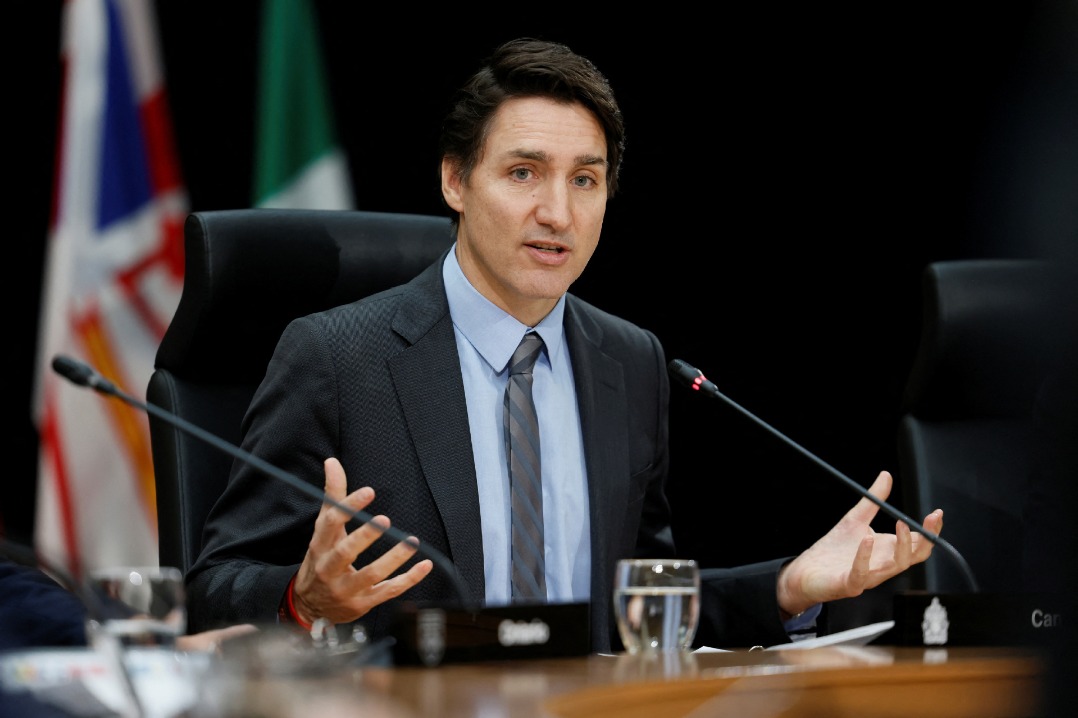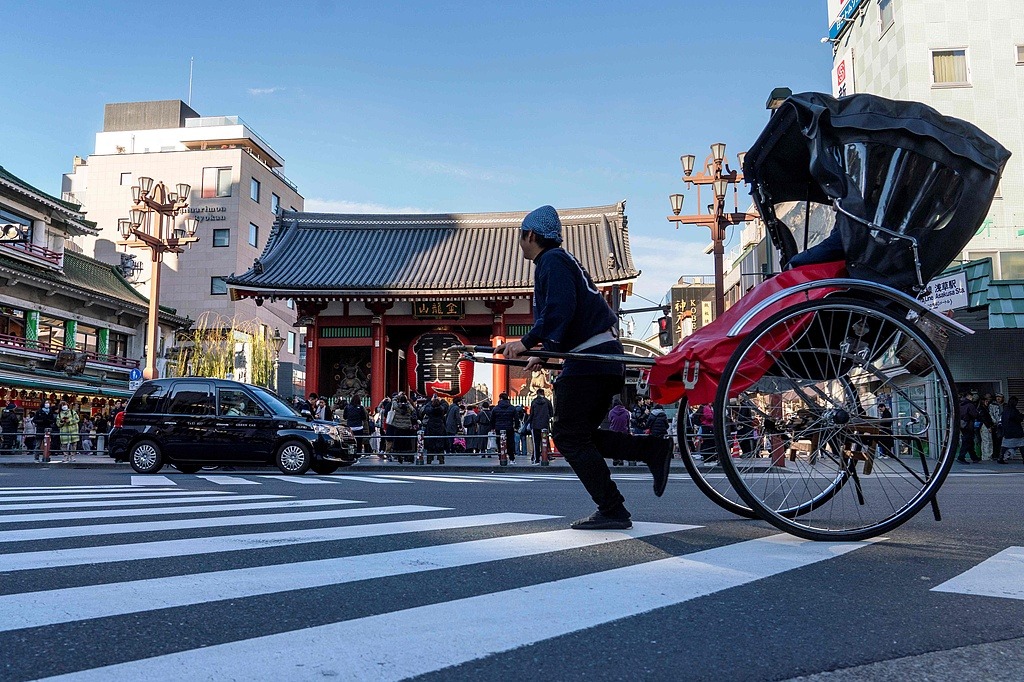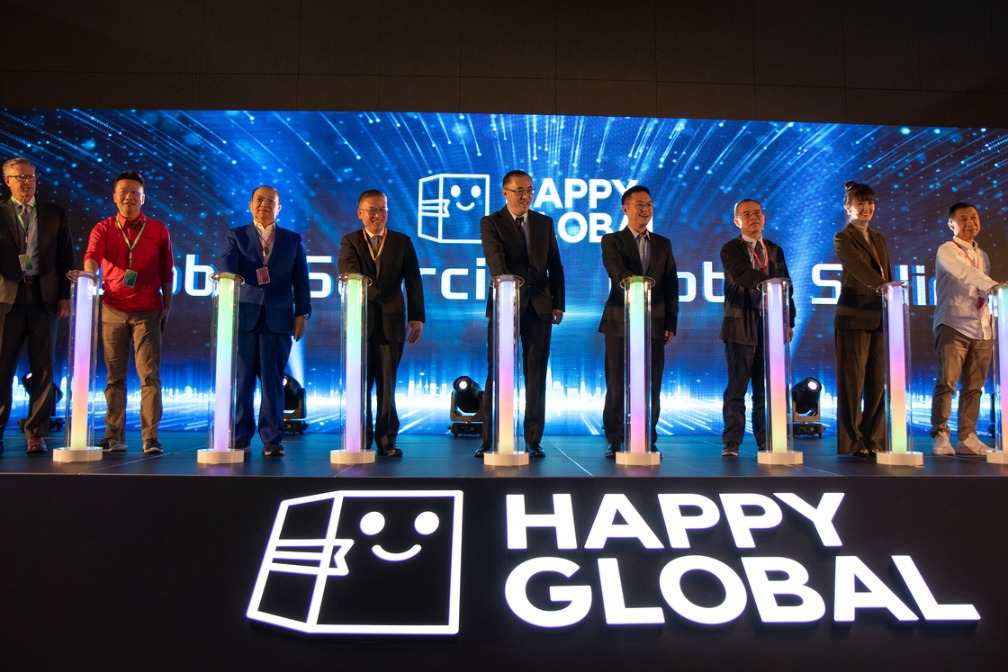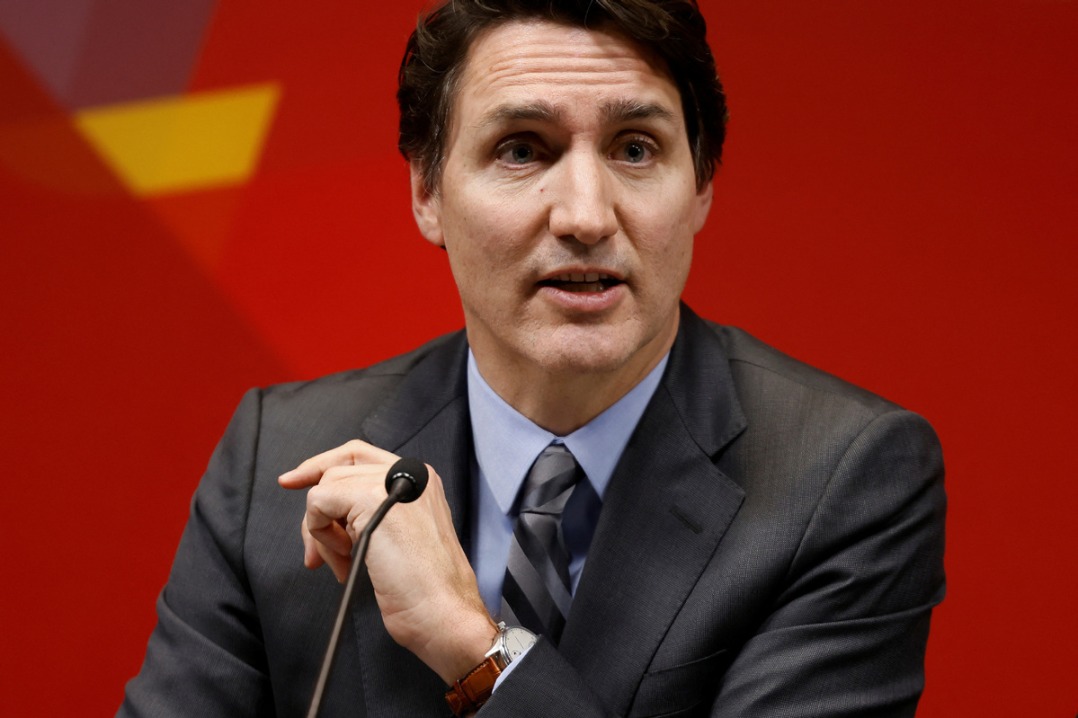Russia approves second coronavirus vaccine

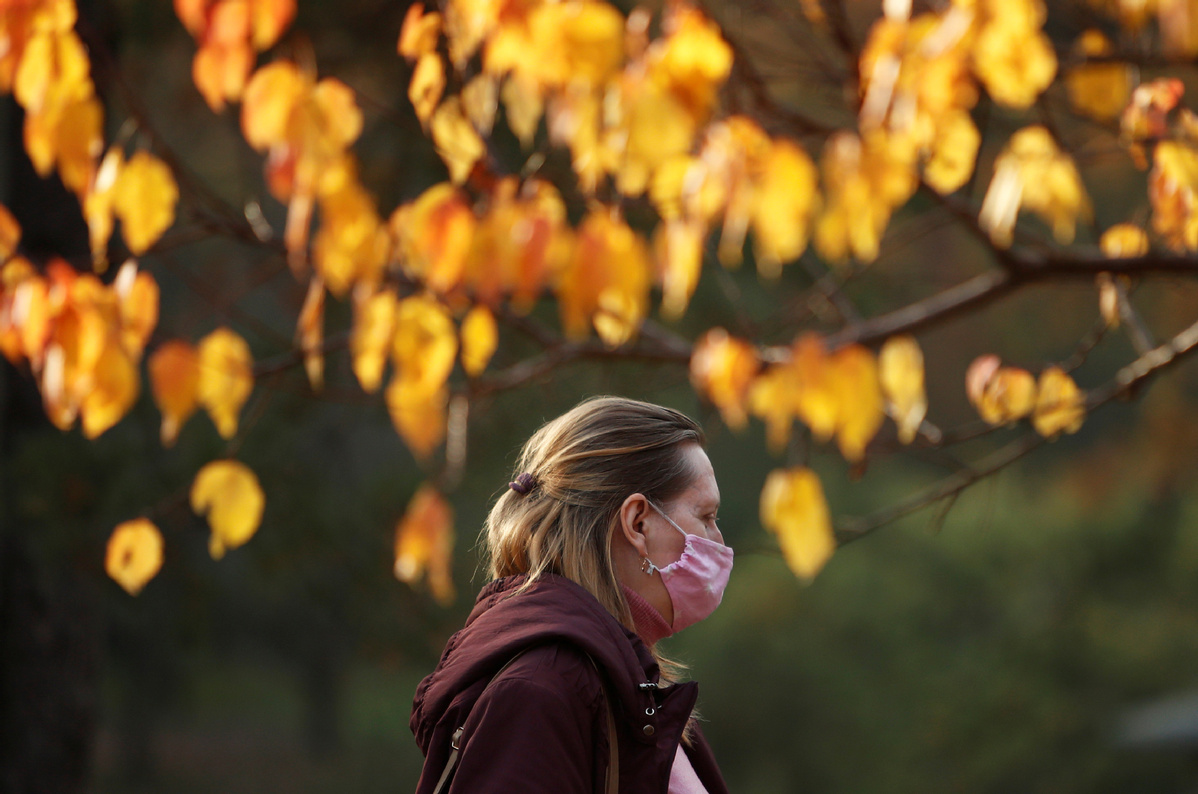
Russia has approved and registered the country's second coronavirus vaccine, President Vladimir Putin said on Wednesday.
The peptide-based vaccine, named EpiVacCorona, was developed by the Vector Institute in Siberia, a former biological weapons research laboratory during the Soviet era, and completed early-stage human trials last month.
In addition to the United States Centers for Disease Control and Prevention, the Vector Institute is one of the two sites in the world that house smallpox stockpiles. The institutes also hold samples of the Ebola virus.
"I would like to begin with pleasant news that the Novosibirsk-based Vector center has registered a second Russian coronavirus vaccine, EpiVacCorona," Putin said in a televised video conference with Cabinet members.
Putin said that Deputy Prime Minister Tatyana Golikova and the head of Russia's sanitary watchdog Rospotrebnadzor, Anna Popova, have both received the EpiVacCorona vaccine as part of clinical trials.
"As far as I know, we have a third candidate vaccine from the Chumakov center of the Russian Academy of Sciences," Putin said.
Early trials on 100 volunteers were said to have been successful, Putin noted.
"We need to increase production of our first and now our second vaccine," Putin said.
"First of all, we should supply the domestic market." Russia will also work with foreign partners to boost output, he said.
According to the Vector Institute, EpiVacCorona was registered before completing Phase III trials, two months after Putin announced the approval of Sputnik V, Russia's first coronavirus vaccine.
Sputnik V, based on an adenovirus vector, was also registered before Phase III trials.
Post-registration trials
Golikova told Putin that post-registration trials of EpiVacCorona will involve 40,000 volunteers across Russia.
A large human trial of EpiVacCorona is likely to begin in November or December, the Tass news agency cited Rospotrebnadzor, which oversees the institute, as saying this month.
The trial is expected to involve 30,000 volunteers, of whom the first 5,000 will be residents of Siberia, according to the Interfax news agency. Nevertheless, Golikova said EpiVacCorona is safe and the first 60,000 doses will be produced "in the nearest future". She claimed to have no side effects after her injection.
The development comes as Putin seeks to play a leading role in battling the global pandemic that has hit Russia particularly hard. On Thursday, the Russian anti-coronavirus crisis center reported 13,754 new cases, and the capital Moscow added 3,942 cases from the previous day.
Since the start of the pandemic, Russia has recorded more than 1.35 million infections, the fourth most in the world behind the United States, India and Brazil.
















